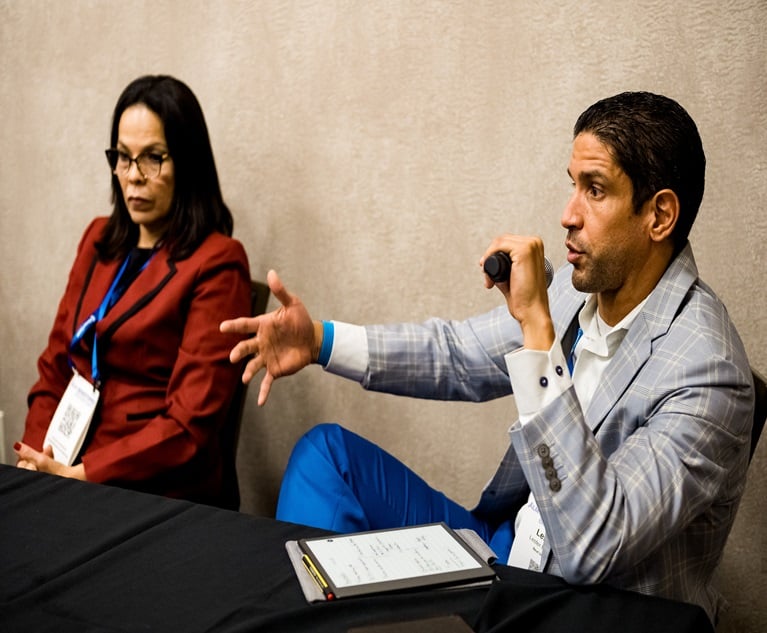There is one mistake you can never make about a successfulproducer's ego: You cannot overestimate its size. No matter howmuch ego you think they have or how big you think it is–it'sbigger. Also, it's fragile. I have often heard, “I could never bein sales. Rejection really bothers me.” Let me assure you, no onehates rejection more than a successful producer. Whenever aproducer gets rejected, his or her personal income has just taken ahit. The reason it is perceived that salespeople do not care aboutrejection is because top producers seem to be able to move onquickly. People confuse the ability to recover quickly with notcaring. As an agency owner or a sales manager, I would never want aproducer that wasn't bothered by rejection. Rejection affords aproducer the opportunity to become better. We learn far more fromfailures that we do from successes. Top producers know this. Theylearn from failure, and then bounce back stronger and smarter thanever. Producers who truly do not mind rejection are just numbersgame players. They are going to quote a lot and are all aboutgetting the business based on price. They attach no significance tothe needs of the client. After all, finding out what the clientactually wants and needs just takes up time, and they could beusing that time to go out and find more prospects to throw a numberat. These producers are all about the commission. To them, the morecalls, the more appointments; the more appointments, the morequotes; and the more quotes, the more sales. Their game is to quoteas much as they can whenever they can. They are all about pushingquantity through their pipeline and do not care about wasting theprospect's time, the marketing department's time, or the accountmanager's time. It is a game, not of quality or service, but ofquantity. Top producers spend time trying to understand theprospects' needs by determining if the prospect has enough issues,or severe enough issues that the producer can fix, that will pushthe prospect to move. When top producers do go forward with apresentation–not just a quote–they truly feel they have theadvantage over the incumbent agent and should win the account. As aresult, when they lose the account, it is shocking. The producersback off, review the process, try and figure out where they wentwrong, make the necessary corrections and then move on. They alsostay in touch with the prospect. After all, just because a prospectdoes not choose you does not mean it's the right decision. If youmake them pick up the phone to say they made a mistake, it maynever happen. But if you remain in contact with them, it makes iteasier for them to move to you in the future. Let me give you thesure-fire, 100 percent, cannot fail, lead-pipe cinch method toovercome the rejection of losing an account you thought you weregoing to book and building back positive energy and momentum. Onthe day you have the presentation, have at least two other newbusiness appointments on your calendar for that same day. If thedecision date follows the presentation date, have at least two newbusiness appointments on your calendar for the decision day.Stewing in the juices of defeat is poisonous. Moving into thebright light of new business opportunities is energizing. So how doyou make sure you avoid the stewpot of despair and defeat? Have afull pipeline. “Okay, they made a mistake and chose not to dobusiness with me, but today I am going to give at least two othercompanies the opportunity to avoid the mistake that prospect justmade.” One final thought on ego. When I came into the insurancebusiness, I had been the vice president of operations of amanufacturing company. I had more than 160 personnel reportingunder me and was in charge of sales, manufacturing and engineering.One of my big concerns was how my ego was going to handle me justbeing in charge of me–with no title, experience, and minimal riskmanagement and insurance knowledge. I can tell you what worked: Idecided to manage myself just as I had managed the operations at myprevious career. I required that all education would take placebefore 9 a.m. and after 4 p.m. The only things that would happenduring that time were prospect-sensitive issues. Those hours everyday would be devoted to either being on prospect appointments (withno clients, client appointments were not an issue), going tobusiness networking events or on the telephone gettingappointments. I wouldn't tolerate letter writing, evaluatingpolicies, and internal company meetings during those hours. My rulewas simple: If I was at my desk and I caught myself doing somethingthat could be done just as effectively before 9 a.m. or after 4p.m., I put it down and did things that should be done to getappointments and clients, things I could only do during businesshours when the prospects were at work. As far as internal meetings,it did not take long for the support staff to realize that I wasnot going to accept an appointment during prime sales call time.So, back to the producer's ego: o Top producers hate rejection, butwe are too busy to dwell on it. We learn from the failure, correctthe mistake, and then move on. There is too much new business towrite to waste time in pity parties. oTop producers do not play theblame game. When we lose a prospect, we spend our time figuring outwhat we did wrong instead of blaming marketing, loss control, theclaims department, or our agency's management. “Let he who iswithout sin cast the first stone.” o We manage ourselves far betterthan any sales manager could ever do the job. We hold ourselvesaccountable to a far stricter standard than any sales manager couldever demand. Because of that we are the lead dog–and our ego isplenty satisfied with that.
Want to continue reading?
Become a Free PropertyCasualty360 Digital Reader
Your access to unlimited PropertyCasualty360 content isn’t changing.
Once you are an ALM digital member, you’ll receive:
- All PropertyCasualty360.com news coverage, best practices, and in-depth analysis.
- Educational webcasts, resources from industry leaders, and informative newsletters.
- Other award-winning websites including BenefitsPRO.com and ThinkAdvisor.com.
Already have an account? Sign In
© 2024 ALM Global, LLC, All Rights Reserved. Request academic re-use from www.copyright.com. All other uses, submit a request to [email protected]. For more information visit Asset & Logo Licensing.








